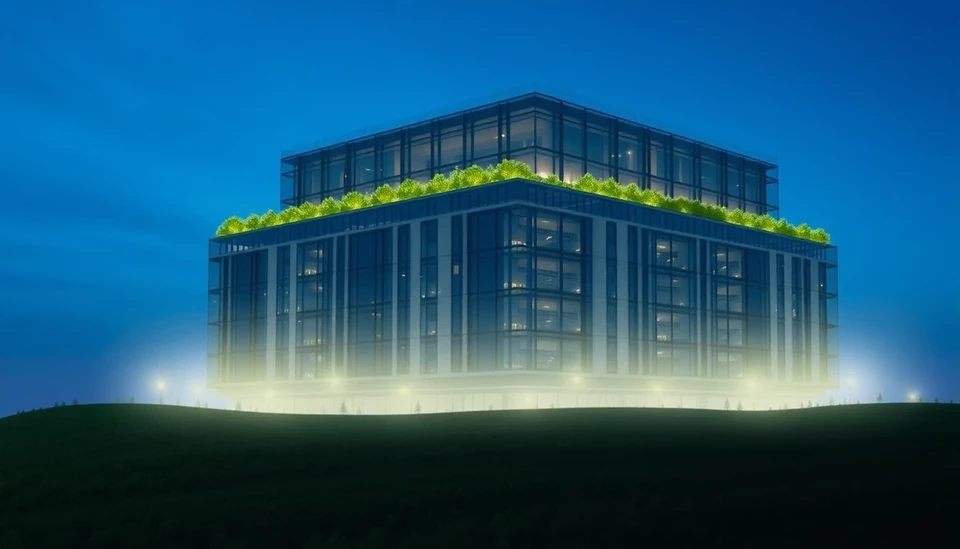
As the COP29 conference approaches, a critical discourse is emerging around the sustainability of buildings and their potential role in combating climate change. With global carbon dioxide emissions from buildings accounting for approximately 40% of the total, there is an urgent call for the architectural and construction industries to adopt more environmentally responsible practices.
The upcoming conference, set to take place in Dubai, serves as a platform for world leaders, architects, and sustainability advocates to explore innovative solutions aimed at reducing the carbon footprint of urban infrastructure. A pressing question looms: can our buildings be a force for good when it comes to climate change?
Recent advancements in sustainable architecture indicate a hopeful trend. Innovative construction methods, such as utilizing recycled materials and implementing energy-efficient designs, are gaining traction. For instance, the concept of 'carbon-negative buildings' is becoming more mainstream, where structures not only minimize their environmental impact but also actively improve the surrounding ecosystem.
Moreover, smart technology is at the forefront of this transformation. The integration of Internet of Things (IoT) devices in buildings can optimize energy consumption, thereby reducing overall emissions significantly. This technology enables energy management systems to monitor and adjust lighting, heating, and cooling in real time, making them more efficient and less wasteful.
The role of policy and regulatory frameworks is also critical in promoting sustainable building practices. Governments worldwide are beginning to implement stricter building codes that promote sustainability and penalize non-compliance. This regulatory pressure is expected to foster an environment in which sustainable architecture becomes the norm rather than the exception.
Experts argue that addressing the built environment's impact on climate change goes beyond technical advancements; it also demands a cultural shift in how we perceive buildings themselves. Instead of viewing them merely as shelters or commercial spaces, there's a growing understanding of their importance in the ecosystem and community health.
One focal point of the discussions at COP29 will be financing sustainable building projects. Experts are advocating for increased funding and investment in green buildings to stimulate economic growth while ensuring environmental responsibility. By aligning financial incentives with sustainability goals, there is great potential to accelerate the transition towards eco-friendly architecture globally.
As COP29 approaches, the discussions taking place will be crucial. The convergence of innovative technology, sustainable materials, and strong regulations could lead to a new era of construction that prioritizes the health of our planet. The commitment to transforming the way we build and live goes beyond aesthetics—it's a vital step necessary for the planet's future.
The stakes are high, and the path forward includes collaboration among governments, businesses, and the public. Building an environmentally sustainable future requires an all-hands-on-deck approach where every stakeholder plays a role in this pivotal transition.
As we delve deeper into the importance of sustainable buildings, the outcome of COP29 will likely serve as a beacon of hope for a greener future in urban development.
#Sustainability #COP29 #GreenBuilding #ClimateChange #EcoFriendly #UrbanDevelopment #SmartTechnology #ConstructionIndustry #CarbonNeutral
Author: Sophie Bennett




